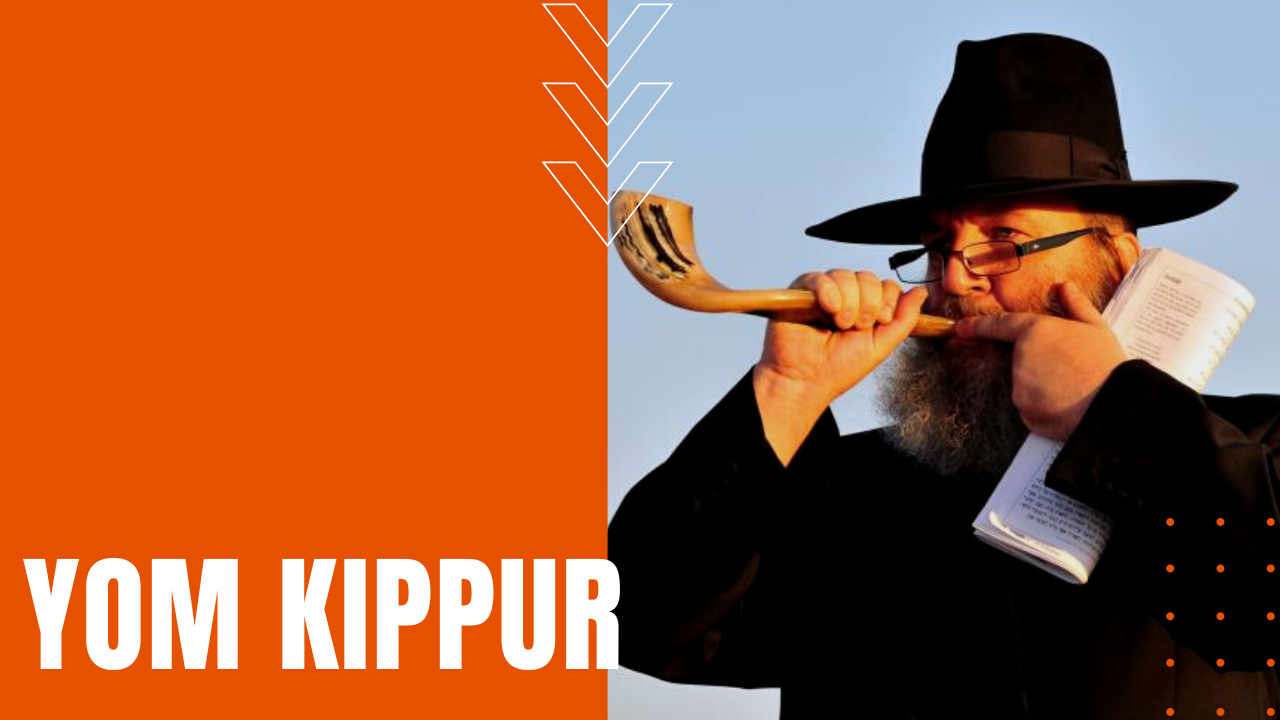Yom Kippur

During the Ten Days of Awe that mark the beginning of Rosh Hashanah and Yom Kippur, practicing Jews believe that God judges all living creatures, inscribing the names of the righteous in the “book of life,” while condemning the wicked to death. For those who fall somewhere in the middle, Jews perform “teshuvah” or repentance through prayer, good deeds and reflection on past mistakes.
Restrictions of Yom Kippur
After the Ten Days of Awe, the Torah commands all able-bodied Jewish adults to abstain from food or drink between sundown on the night before Yom Kippur and nightfall the next day—including restrictions on bathing, using cosmetics or engaging in sexual relations—under the belief that fasting cleanses the body and spirit in a way that removes the worshipper’s focus on material possessions and superficial comforts.
Yom Kippur’s Traditions and Celebrations
Because both High Holy Day celebrations include special liturgical texts, songs and traditions, rabbis and their congregants read and sing from the machzor, while on Yom Kippur, the first of five distinct prayer services take place from the evening before the holiday to the last service just before sunset the following day.
Among the most important prayer services on Yom Kippur is an atonement ritual, which was performed by high priests during ancient times, concluding with a single long blast of a ram’s horn trumpet known as a shofar, which marks the end of fasting by the faithful.
On the eve of Yom Kippur, friends and families gather for a bountiful feast that must be completed before sunset, which helps the faithful gather enough strength for the next 25 hours of fasting. After the final Yom Kippur service, most people return home for a second festive meal, consisting of comfort foods like noodle pudding, blintzes and other breakfast-like baked goods.
Ultra-religious Jews dress in white during Yom Kippur, which symbolizes purity, while many married men wear kittels or white burial shrouds to signify their salvation through repentance, making Yom Kippur the sabbath of all sabbaths for practicing Jews everywhere.
